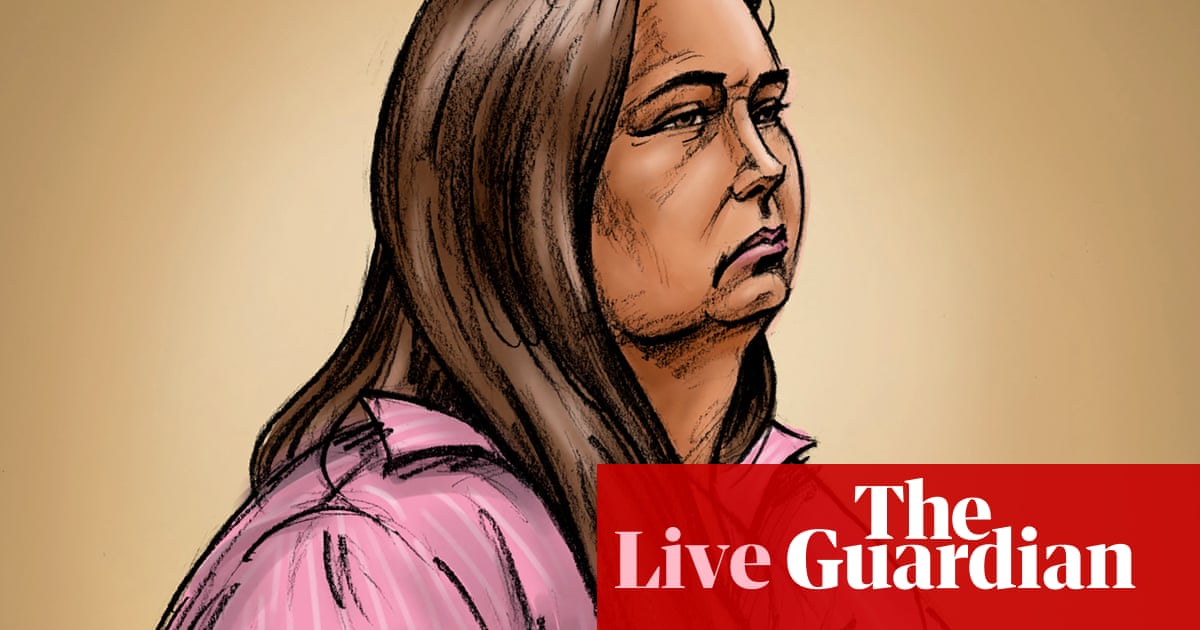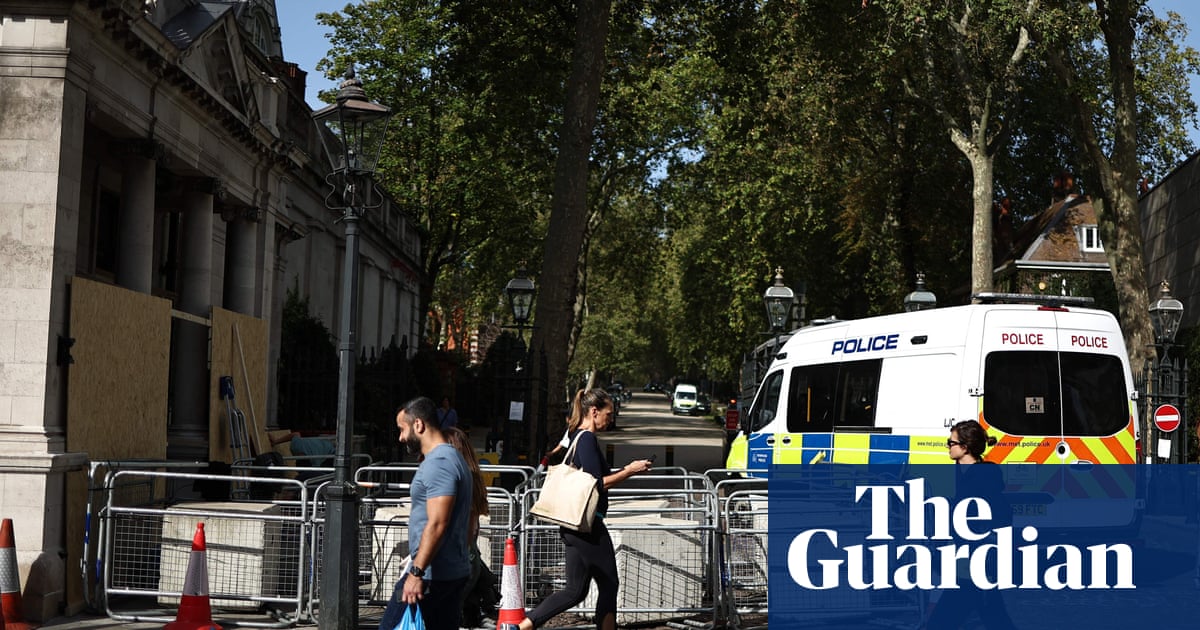The government’s planned disability benefit cuts will hit 700,000 families who are already in poverty, according to internal Department for Work and Pensions forecasts obtained by the Guardian.
The figures, sourced under the Freedom of Information Act, are in addition to the projected 250,000 people who will be newly driven below the poverty line by the cuts, as set out by the government’s impact assessment in March.
Disability rights campaigners called the new disclosure “truly shocking” and said the changes would push people even further away from having the means to find work.
The DWP estimates that 3.2 million families across Great Britain will lose out under the plans in 2029/2030, about three years after the cuts are due to take effect. Of those, 700,000 will be families already categorised as being in relative poverty, when taking housing costs into account.
Disquiet is growing among Labour MPs before the vote on changes to personal independence payments (Pip), which are paid to disabled people regardless of whether they are in work, and which will have strict new criteria. In total, around 3 million people are expected to see their benefits affected.
Mark Harrison of campaign group Disabled People Against Cuts said it was “unthinkable to push disabled people already in poverty deeper into the mire and further away from the jobs market”.
He said: “You can’t [overestimate] the fear that these proposed cuts are generating. Rachel Reeves and Liz Kendall are responsible for demonising disabled people in the same way David Cameron and George Osborne did over a decade ago. This is bad politics and bad policymaking. They should be ashamed of themselves.”
He said the government must scrap the planned cuts. “If they don’t, this will become Starmer’s poll tax and will ultimately be his downfall.”
The figures do not take into account the DWP’s planned £1bn investment in disability employment support schemes, because the DWP has not published any estimate of how many disabled people will find work through these schemes, and the Office for Budget Responsibility won’t publish its own independent forecast until MPs have voted on the cuts.
Key to the planned changes is the tightening of the criteria for Pip, meaning applicants who do not score four points or above in at least one criteria in the “daily living” category will not receive the Pip daily living payment. That included people who cannot wash themselves below the waist.
It will not immediately affect those who already claim, but will affect those reapplying or being reassessed after the new rules come into force, as well as new applicants.
For those who cannot not work because of their disability and who are receiving the health-related top-up of universal credit, these payments will be frozen below inflation. The top-up for new claimants will be cut by almost half.
“Being disabled already puts you at a higher risk of living in poverty,” said Katie Schmuecker, principal policy adviser at the Joseph Rowntree Foundation. “These cuts are likely to mean many more disabled people needing to regularly use food banks because they can’t afford basic essentials like food … The government must stop these planned cuts if it’s committed to ending the moral scar of food bank use.”
MPs will vote on the cuts next month so that they can take effect next year. The proposed Pip “four-point rule” alone is forecast to hit 250,000 families already in poverty by 2030, including 50,000 with children, according to DWP responses to written parliamentary questions. The families will lose out on £4,500 a year on average.
The 700,000 figure does not include people who will lose carer’s allowance if the person they cared for no longer qualified for Pip.
Alongside the cuts, there will be a rise in the standard rate of universal credit, which the DWP expects 2.4 million families in poverty to benefit from, though it will be mostly non-disabled families who gain about £400 a year above inflation.
Svetlana Kotova, director of campaigns and justice at Inclusion London, a deaf and disabled people’s organisation, said: “These statistics are further evidence of how much misery the government is willing to inflict on disabled people who are already living in poverty.
“Poverty costs money and displaces costs on to other services like the NHS, meaning that the cuts to social security may achieve only 2% of their planned savings.”
A government spokesperson said: “Our reforms to the broken welfare system we inherited means more than 2 million families in relative poverty will be better off.
“As part of our plan for change, we’re creating a sustainable welfare system that genuinely supports people into work and out of poverty – backed by £1bn additional employment support funding to guarantee tailored help.
“Alongside this, we’ve increased the ‘national living wage’, uprated benefits, and are helping over 1 million households by introducing a fair repayment rate on universal credit deductions.”

.png) 15 hours ago
3
15 hours ago
3













































